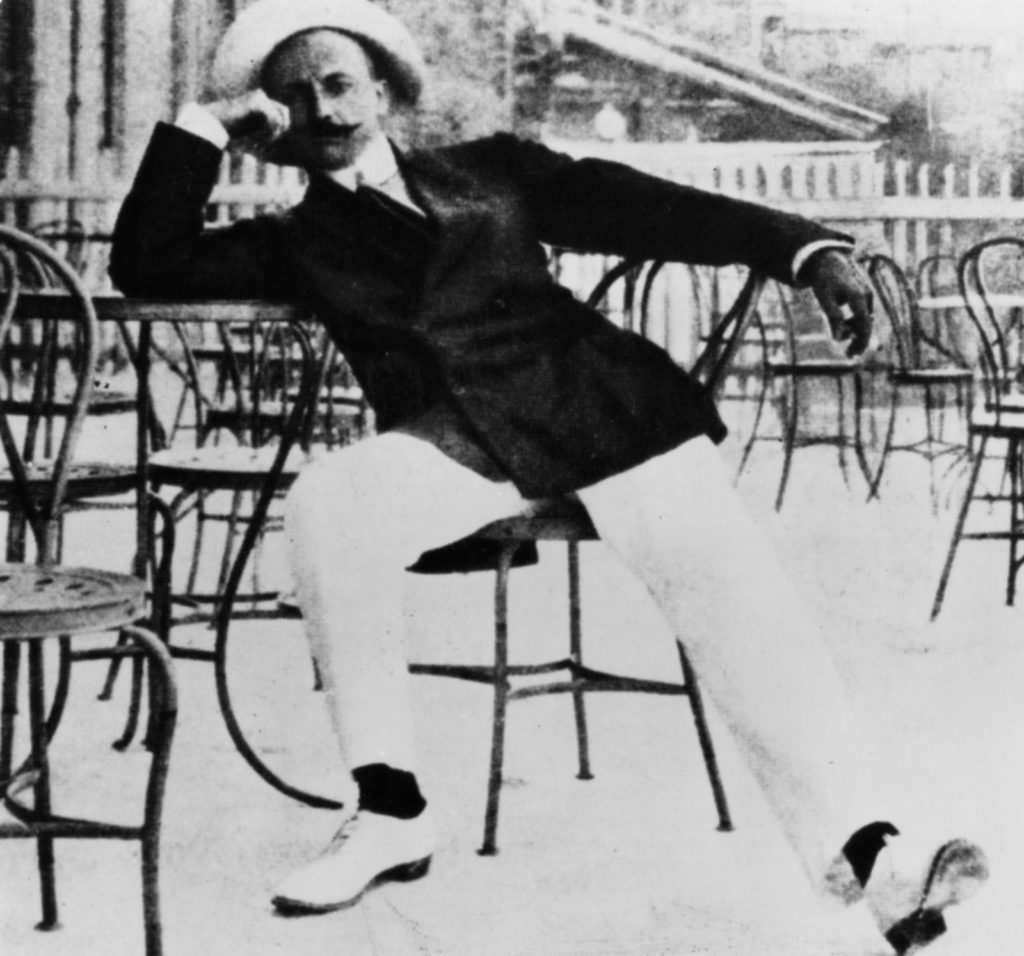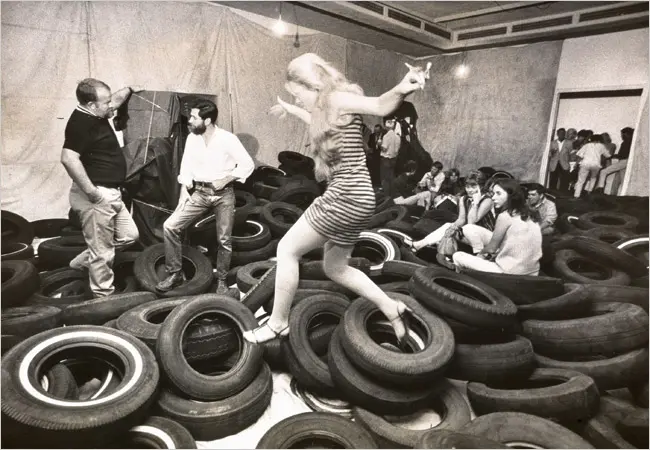Renato Poggioli’s Theory of the Avant-Garde (1968) identifies the ideological and mythic building blocks of the avant-garde more or less as follows.
An avant-garde is a movement, one that has identified an enemy – the public, popular culture, the old, tradition, institutions – and is dedicated to destroying it and bringing about an improved future, usually indicated by an “ism” of some kind and explained in a manifesto. It acts with a spirit of adventure, but it also suffers for the cause, which the public inevitably fails to appreciate. Avant-gardes are alienated from all aspects of society, culture, popular taste, and style. They condemn and denounce, using images of revolution, subversion, violence, and destruction. They shamelessly proselytize and promote themselves, advocating experimentation in technique and form and tending towards hermeticism, obscurantism, exhibitionism, and shock.
All this is in the service of gaining ground for artistic freedom and creativity, and only a special breed of elite cadre are cut out for it. They are the few who advance into artistic no-man’s-land, reconnoiter the territory, work out possible maneuvers and positions, assess the arrangement of forces, and share their findings with those of us who remain safe at home.
It’s been decades since we’ve seen anything remotely like this. For one thing, the art world doesn’t do movements any more. It has trends, tendencies, currents, and developments, but no movements. Avant-garde movements depend on the idea of progress, but the art world doesn’t believe in progress, it believes in pendulum swings.
Alienation is another thing we don’t find in the world of contemporary art. The global art market, with its mega-galleries, festivals, and cash, can’t expand fast enough. Artists are credentialed professionals who promote themselves on Facebook, Instagram, and other outlets to millions of followers. The art world isn’t against public taste or popular culture, it’s part of it – a niche in the entertainment industry.
The underlying cause of the decline of the avant-garde is that avant-garde movements require an enemy of artistic freedom, and there aren’t any – at least, not like the ones that sustained earlier movements, above all tradition and the previous generation. The tradition was destroyed long ago, and there are no serious pressures on artists to conform to anything in particular.
Below, Filippo Tommaso Emilio Marinetti, avant-garde essayist, novelist, poet, and author of the Manifesto del Futurismo (1909).



